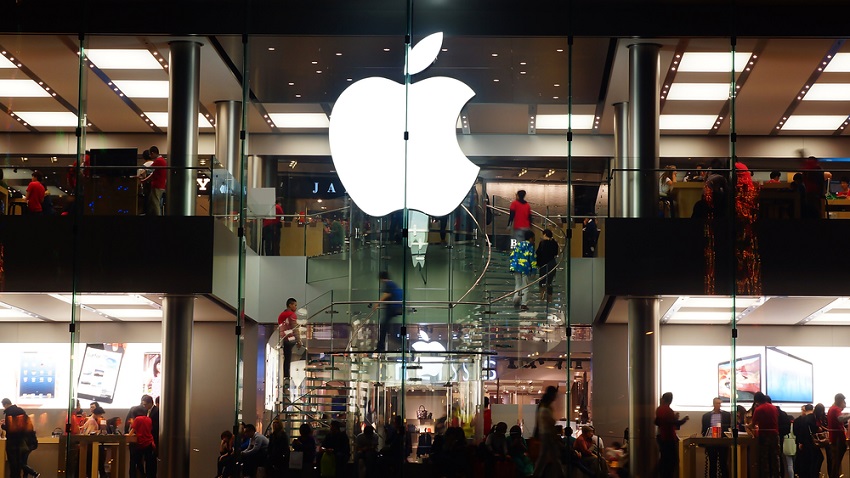Net neutrality, or more specifically the Trump FCC’s attempts to butcher it, are a hot topic lately. FCC chairman Ajit Pai has laid out a plan to roll back Obama-era net neutrality rules, and the public backlash has been intense.
Obviously, certain large telecoms companies are all in favor of gutting the Obama-era rules. But the companies that rely on the internet to make their products work — companies like Apple — have expressed a very different opinion.
In a letter sent to the FCC today, Apple has laid out its position on net neutrality. The bottom line is that it supports strong, enforcable net neutrality laws like the ones in force today. The letter said that “Apple remains open to alternative sources of legal authority, but only if they provide for strong, enforceable, and legally sustainable protections, like those in place today.”
That’s a shot across the bow of Pai. Although he’s made noises about repealing the current legal mechanism that makes net neutrality rules enforcable, his best plan for keeping net neutrality once the rules are in place is a gentleman’s agreement with the ISPs to play nice.
In the letter, Apple laid out exactly what it thinks the key tenants of net neutrality are, and why they’re necessary for customers. Customer choice, no paid fast lanes and transparency are the three key things that Apple highlight, which most people are central to net neutrality.
It also touched on one other topic that’s relevant to the FCC, but often not part of the net neutrality conversation. “Competition for last-mile broadband connections is crucial to protecting anopen internet. Based on the FCC’s latest data, 57 percent of Americans with access to fixed broadband at or above 25Mbps/3Mbps—the current FCC benchmark for advanced broadband service—have only one choice of broadband provider. This means that many consumers cannot switch providers even if they learn that their broadband provider interferes with the internet’s openness in a way that they oppose. Absent a meaningful choice of providers, consumers cannot make their voices heard through their market choices.”
That really dives into one of the main problems with Pai’s suggestion for how to make the open internet work. For providers to be punished for abusing customers, customers have to be able to switch away — which they definitely can’t right now.










